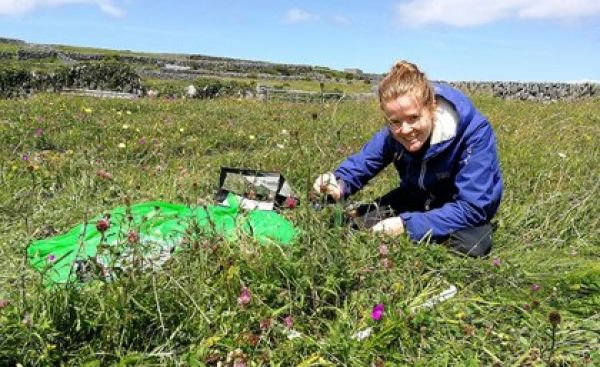Plants that break some of the ‘rules’ of ecology by adapting in unconventional ways may have a higher chance of surviving climate change, according to researchers from the University of Queensland and Trinity College Dublin.
Dr Annabel Smith, from UQ’s School of Agriculture and Food Sciences, and Professor Yvonne Buckley, from UQ’s School of Biological Sciences and Trinity College Dublin Ireland, studied the humble plantain (Plantago lanceolate) to see how it became one of the world’s most successfully distributed plant species.
“The plantain, a small plant native to Europe, has spread wildly across the globe – we needed to know why it’s been so incredibly successful, even in hot, dry climates,” Dr Smith said.
The global team of 48 ecologists set up 53 monitoring sites in 21 countries, tagged thousands of individual plants, tracked plant deaths and new seedlings, counted flowers and seeds and looked at DNA to see how many individual plants have historically been introduced outside Europe.
Read more at University of Queensland
Image: Lead author Dr Annabel Smith measures a plantain during the annual census on Inis Oirr, Ireland. CREDIT: Dr Annabel Smith


